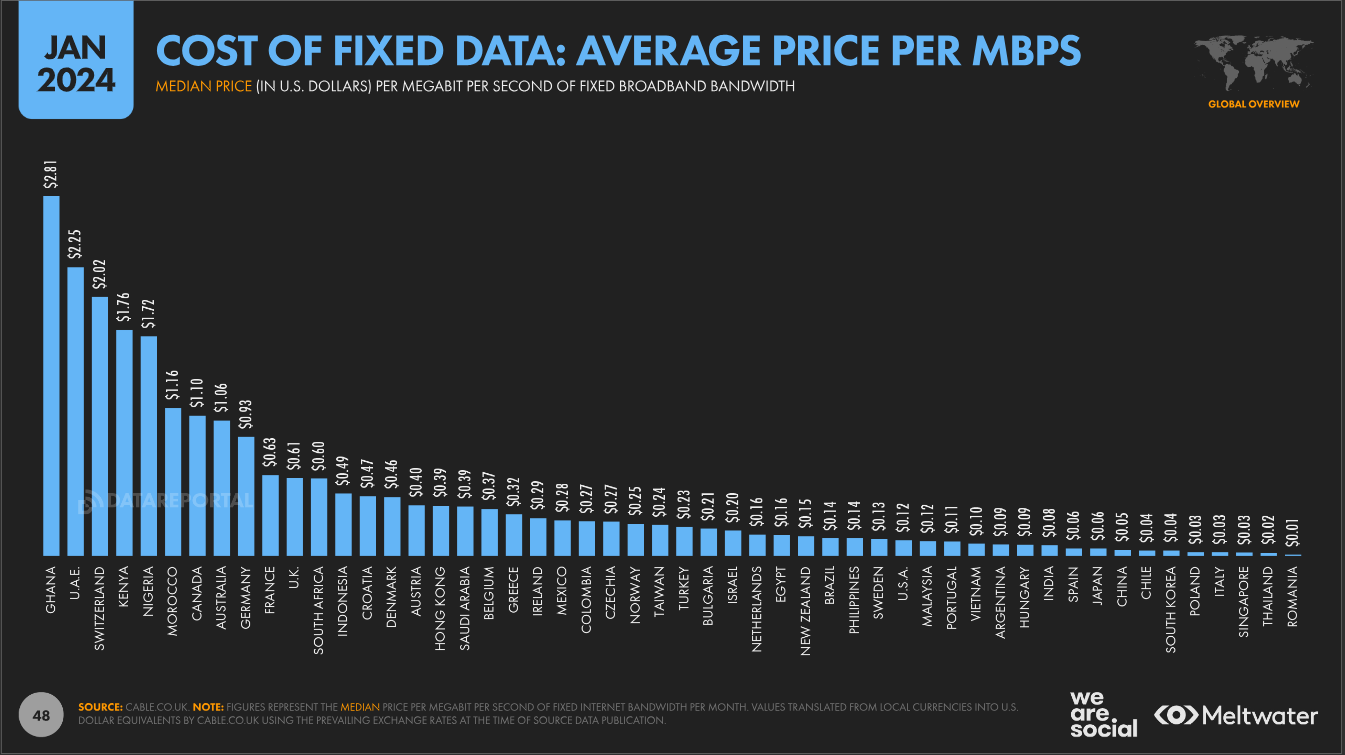
- African researchers devote efforts to AI Tools for local languages.
- This underscores the need for greater inclusivity and representation in the field of language technology advancement.
- Ethical practices and community involvement throughout data collection and utilization are equally important considerations.
A team of African researchers is dedicating their efforts to the development of advanced artificial intelligence tools tailored specifically for African languages.
Kathleen Siminyu of the Masakhane Research Foundation emphasized that widely utilized AI technologies like ChatGPT, a text generator, and voice-activated assistants like Siri, are inaccessible to billions of individuals who do not speak dominant languages like English, French, or Spanish. This underscores the need for greater inclusivity and representation in the field of language technology advancement.
“It doesn’t make sense to me that there are limited AI tools for African languages. Inclusion and representation in the advancement of language technology is not a patch you put at the end — it’s something you think about upfront,” Ms. Siminyu noted.
These specialized tools often rely on natural language processing, an AI field enabling computers to comprehend human languages. Training allows computers to grasp languages by identifying patterns in speech and text data. However, when data in a specific language is scarce, as seen with African languages, the technology falls short. To bridge this gap, the research team initially identified key stakeholders engaged in the development of African language tools.
Content creators such as writers and editors, linguists, software engineers, and entrepreneurs delved into their experiences, motivations, focuses, and challenges, all essential in establishing the infrastructure for language tools. In-depth discussions with these stakeholders revealed four fundamental factors when designing African language tools.
First, it is crucial to address Africa's multilingual context, recognizing the enduring impact of colonization. Indigenous languages hold immense cultural value alongside their vital role in education, politics, and economics. Secondly, supporting the creation of African content is imperative. This involves crafting basic tools such as dictionaries, spell checkers, and keyboards for African languages. It also entails removing financial and administrative obstacles for translating government communications into multiple national languages, encompassing African languages. Furthermore, fostering collaboration between linguistics and computer science is key, these fields intersect to yield human-centered innovative solutions.
Ethical practices and community involvement throughout data collection and utilization are equally important considerations. The next phase for the team involves addressing barriers that may impede people's access to this technology. Their study aims to provide a roadmap for the development of various language tools, ranging from translation services to content moderators targeting misinformation.
“I would love for us to live in a world where Africans can have an as good quality of life and access to information and opportunities as somebody fluent in English, French, Mandarin, or other languages,” says Siminyu.
“There is a growing number of organizations working in this space, and this study allows us to coordinate efforts in building impactful language tools. The findings highlight and articulate what the priorities are, in terms of time and financial investments.” Siminyu added.
Read Full Story


















Facebook
Twitter
Pinterest
Instagram
Google+
YouTube
LinkedIn
RSS